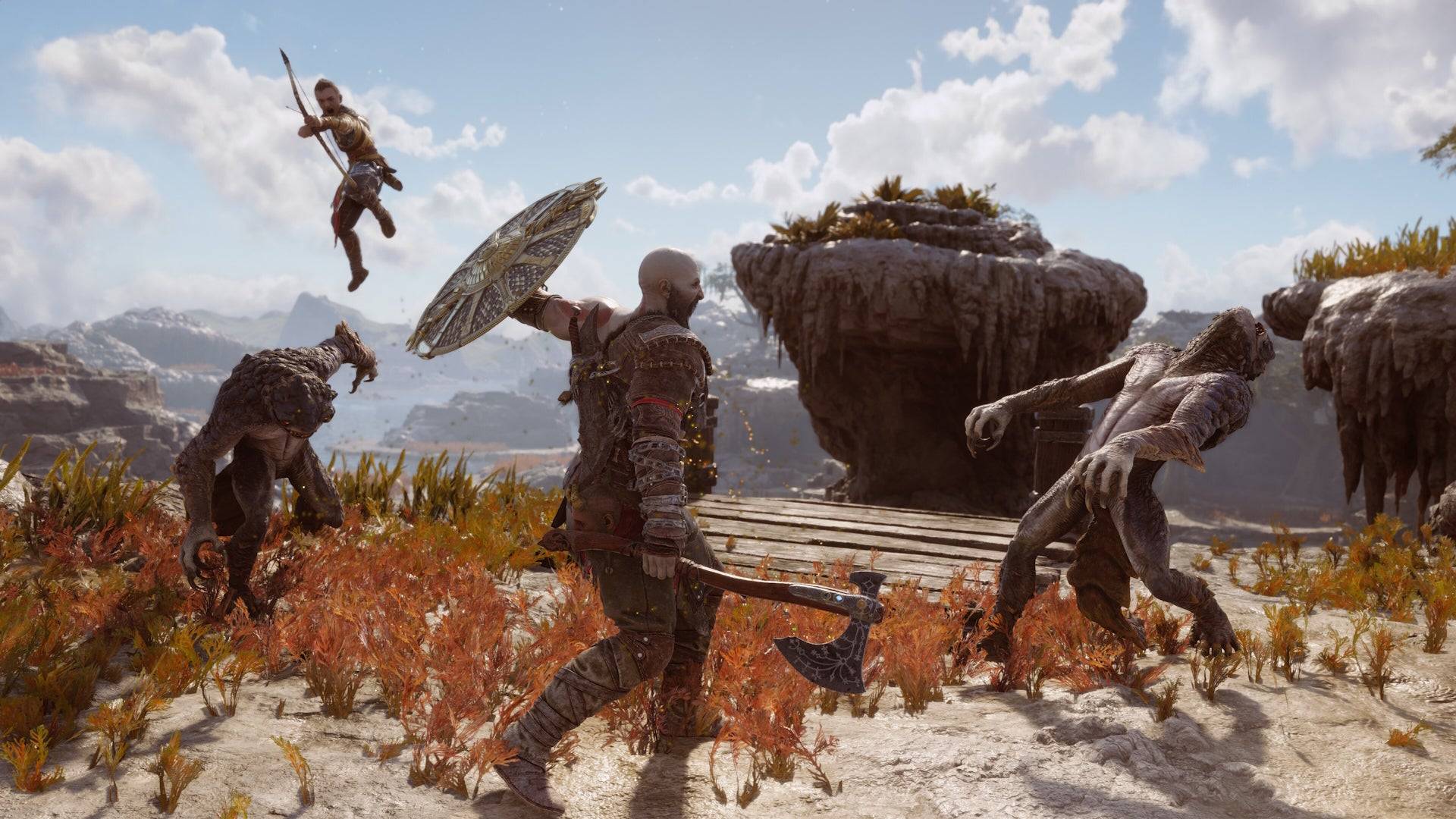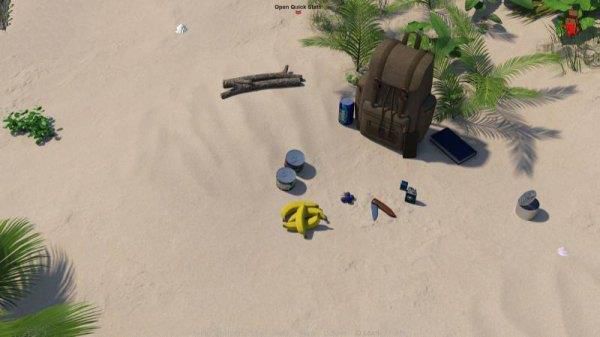NetEase's *Marvel Rivals* has undeniably become a blockbuster, amassing an impressive ten million players within just three days of its launch and generating millions in revenue for developer NetEase in the subsequent weeks. However, a recent report from Bloomberg sheds light on how close the game came to being canceled by NetEase CEO and founder William Ding, due to his hesitations over using licensed intellectual property (IP).
The report outlines NetEase's current strategic direction under Ding's leadership, which involves significant restructuring efforts aimed at streamlining the company's operations. Ding is actively reducing the workforce, closing studios, and pulling back from international investments. The overarching goal, as per the report, is to create a more focused portfolio that can counteract recent declines in growth and effectively compete with industry giants Tencent and MiHoYo.
Bloomberg's investigation reveals that the consideration to cancel *Marvel Rivals* was part of this broader strategy. A source indicated that Ding was initially reluctant to pay for the use of Marvel's licensed characters and had attempted to convince artists to opt for original designs. The effort to cancel the game reportedly incurred substantial costs for NetEase, yet *Marvel Rivals* ultimately made it to the market and achieved remarkable success.
Despite this triumph, NetEase continues to downsize. Recent developments include the layoffs of the *Marvel Rivals* Seattle team, which the company attributed to "organizational reasons." Over the past year, Ding has also halted investments in overseas projects, reversing previous heavy investments in studios like Bungie, Devolver Digital, and Blizzard Entertainment. According to the report, Ding's strategy is driven by a belief that only games capable of generating hundreds of millions annually are worth pursuing, though a NetEase spokesperson clarified to Bloomberg that the company does not apply "arbitrary blanket numbers" when assessing the viability of new games.
Internal challenges at NetEase also came to the forefront in Bloomberg's report. Employees described a turbulent environment under Ding's leadership, characterized by his rapid decision-making and frequent changes of direction. Staff have reportedly faced pressure to work late hours, and there have been instances where recent graduates were placed in senior leadership positions. The frequent project cancellations under Ding's watch have led to concerns that NetEase might not release any games in China next year.
NetEase's retreat from game investments coincides with a period of uncertainty within the global gaming industry, particularly in Western markets. The sector has experienced consecutive years of mass layoffs, game cancellations, and studio closures, compounded by the underperformance of several high-budget, high-expectation titles.








